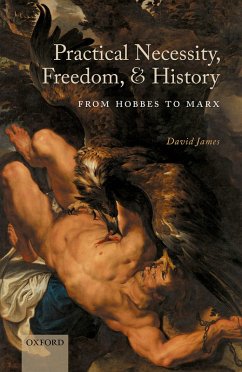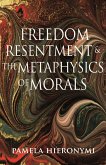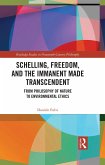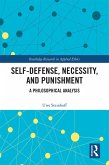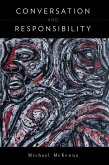By means of careful analysis of relevant writings by Hobbes, Rousseau, Kant, Hegel, and Marx, David James argues that the concept of practical necessity is key to understanding the nature and extent of human freedom. Practical necessity means being, or believing oneself to be, constrained to perform certain actions in the absence (whether real or imagined) of other, more attractive options, or by the high costs involved in pursuing other options. Agents become subject to practical necessity as a result of economic, social, and historical forces over which they have, or appear to have, no effective control, and the extent to which they are subject to it varies according to the amount of economic and social power that one agent possesses relative to other agents. The concept of practical necessity is also shown to take into account how the beliefs and attitudes of social agents are in large part determined by social and historical processes in which they are caught up, and that the type of motivation that we attribute to agents must recognize this. Practical Necessity, Freedom, and History: From Hobbes to Marx shows how Rousseau, Kant, Hegel, and Marx, in contrast to Hobbes, explain the emergence of the conditions of a free society in terms of a historical process that is initially governed by practical necessity. The role that this form of necessity plays in explaining history necessity invites the following question: to what extent are historical agents genuinely subject to both practical and historical necessity?
Dieser Download kann aus rechtlichen Gründen nur mit Rechnungsadresse in A, B, BG, CY, CZ, D, DK, EW, E, FIN, F, GR, HR, H, IRL, I, LT, L, LR, M, NL, PL, P, R, S, SLO, SK ausgeliefert werden.

